Drawing on personal insights and experience, leading female company directors offer valuable advice about how to lead a successful board career through the AICD and Commonwealth Bank podcast, Board Level.
It was the habit of apologising when she contributed at board meetings that Professor Megan Davis wished she had recognised and eradicated earlier in her board career. And it was Peter Beattie AC, former chair of the Australian Rugby League Commission, who helped her realise she had nothing to apologise for and was on the board for a good reason.
It’s not that Davis, Pro Vice-Chancellor Indigenous and Professor of Law at the University of NSW in Sydney, usually has a problem with talking about her credentials or qualifications.
But when it comes to the boardroom, she now knows it’s critical to be able to talk about yourself, what you’ve done and your experience competently and without apologising.
“I just do it by virtue of habit and I try to pick myself up all the time, no matter what I’m saying,” says Davis, who is also the Balnaves Chair in Constitutional Law and one of the authors of the Uluru Statement from the Heart.
“And I can see it among my female colleagues. We’re taught not to do that about ourselves; you know, ‘She’s full of herself’ or when race comes with it, ‘She is uppity’. There are all those kinds of things that we deploy about ourselves as women that get in the way. It gets in the way of good business. So it’s really important to train that out of yourself.”
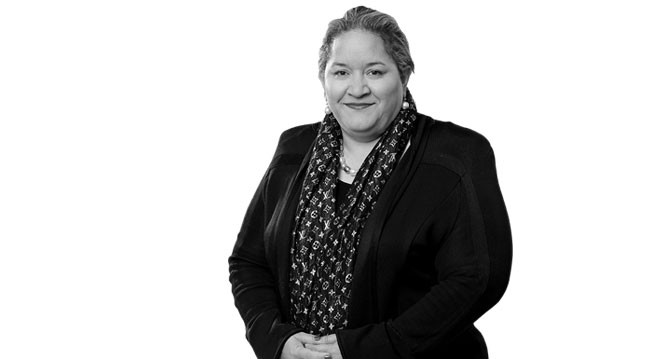
Other advice for aspiring directors includes the need for hard-earned know-how that spans the macro (when and what boards to join, the need for due diligence before taking that first role, and knowing when it’s time to go) to the micro (how you speak up, what you can add, using social media and saying no).
It’s worthwhile advice for everyone, but has particular resonance for women, who can face different barriers and expectations when joining a board. One of the common themes is the need to fully understand the group dynamic of boards, and the impact that has on how you perform and fulfil your role. But that can be tricky when you’re on the outside looking in.
“How each [person], individually and collectively, works as a board is really important to understand as best you can before going in and before accepting the board role,” points out Nicki Kenyon GAICD.
A senior executive who has worked at Visa, Facebook and Mastercard, Kenyon sits on several boards, including the Australian Grand Prix Corporation. While a board offer may be enticing regardless of the organisation, the reality of the job and the commitment to the enterprise must be the deciding factors.
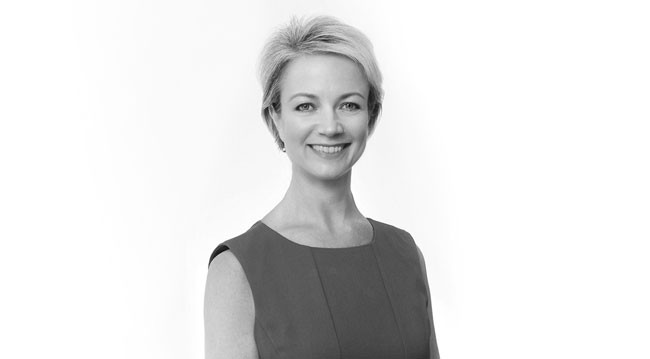
“The thing that became obvious to me as I was starting my board career was the accountability and responsibility of a board directorship,” says Kenyon. “You can’t overestimate how important it is to commit to being responsible for the wellbeing of the organisation through a board role. It’s not something to be taken lightly, and I think any prospective board member should consider that carefully and not be distracted or flattered by an opportunity that presents itself.”
With the benefit of hindsight, several directors agree that it’s wise to take the time to plan your path to a directorship and not jump at the first offer.
For Alexandra Sloane, a first-time board director and the director of marketing at Facebook Australia and New Zealand, the AICD course was effective in outlining the need to be more considered about the time line for joining a board.
Resisting the temptation to take up a board position simply because you have been asked or you feel there’s pressure to get started was a lesson also learned by Dr Kirstin Ferguson FAICD, a non-executive director and deputy chair of the ABC. “I’ve always been in a hurry and I wish I’d known that there’s no reason to rush,” she says. “I was 35 when I joined my first board; I think 37 or 38 on my first listed board.”
The trick is ensuring every choice you make feels right for you and then saying yes to opportunities, says Ferguson. “Trust that others who are offering you those opportunities see something in you that you might not see — and trust them.”
Davis, too, realised that you wouldn’t be there if you weren’t “kind of half-smart and had a little understanding of the way the world works”.
Says Davis, “I’ve never had a real problem with saying what I think, but that’s super-critical on a board. And that’s what I love about the Australian Rugby League Commission under Peter V’landys, where you all have different skills and… there is no groupthink. It’s a really comfortable space to say what you think, even if you don’t agree with each other.”
For Sloane, who joined the board of the International Advertising Association’s Australian chapter in 2019, the most unexpected aspect once she sat at the table was the need for high levels of people management skills. “I pride myself on being really good with people and being diplomatic, but — just like they say in the [AICD] course — when you get a group of very diverse thinkers in the room, it’s really tricky,” she says. “You’ve got varying tenures on the board. You have different backgrounds. Everyone’s very accomplished, so that took me by surprise — that’s a really tricky part of it.”
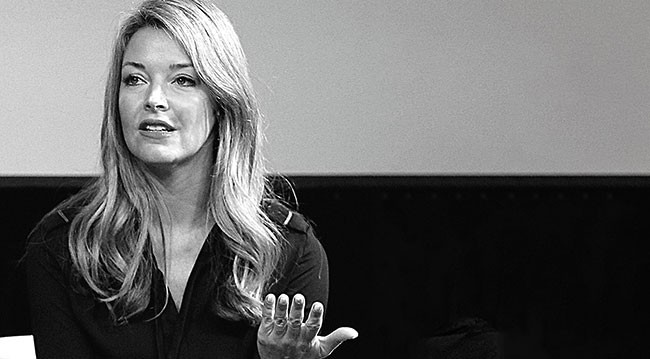
According to the podcast participants, it can take a while to fully appreciate the critical role a chair plays in a high-functioning board. Now the chair of Citi Australia, Sam Mostyn admits she underestimated the complexity and importance of the role before she set out on her non-executive director career. “On the flipside, I now see what those amazing skills are of exceptional chairs and how important that appointment is to make sure there’s an ability for that group of people to do the best they can,” she says.
Another part of your board preparation is knowing what to ask mentors and those in your network, says NSW cattle farmer Su McCluskey MAICD, who sits on the National COVID-19 Commission Advisory Board in addition to a range of other government and regional sector directorships. “When I was asked to be on my first board, I didn’t know the questions I should be asking. It wasn’t just whether, for the company, I was the right fit; I realised the question I should be asking is whether it’s the right fit for me.
Due diligence is really [about] asking the right questions of yourself: are you going to be able to contribute? And does the role align with your values?” Sometimes the answer is no and that’s okay, too, she says.
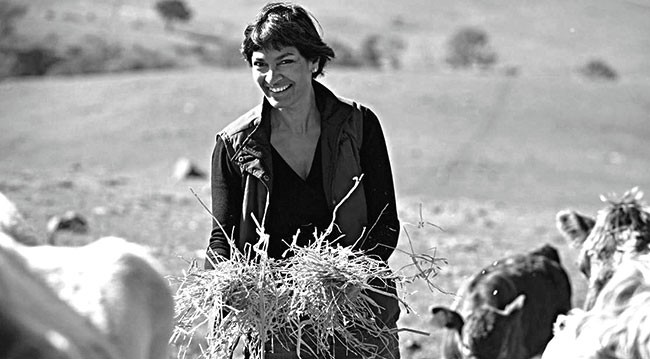
For those who have transitioned from executive roles to boards, Ferguson has picked up some valuable advice about time management. “You’ll notice that you’re not necessarily working 40 hours a week. You have time between board meetings.
I was always advised that the board meetings are your bread in a sandwich, so they sort of frame what you’re doing. There needs to be something in the middle as well and I’m someone who needs to be doing more… so I love doing other things for the community as well.”
Although experience is clearly a prerequisite for directors, that shouldn’t rule out younger candidates who can bring different perspectives and thinking to the boardroom, says Hannah Wandel AAICD, the 2019 ACT Young Australian of the Year.
At 24 years of age, Wandel founded Country to Canberra, an organisation that provides leadership opportunities for young rural women. After six years as CEO, she recently became chair of the organisation and sits on several other boards.
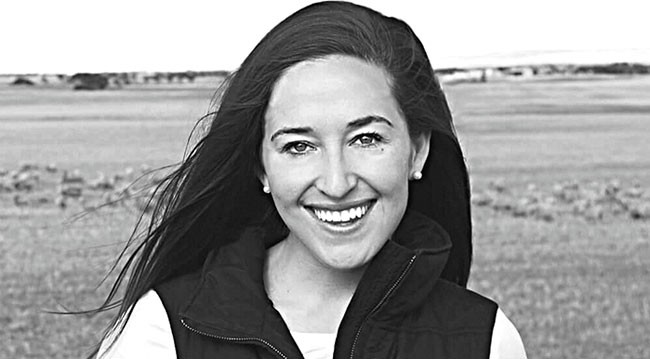
“The one thing I really wish I knew is: it’s really not that complex being on a board. You need to do your due diligence, but at the end of the day it’s about managing well, it’s about leadership and being really diligent,” she says.
“I talk to tons of young women who say, ‘I couldn’t do this, I don’t have the skills’. And what I would say is: ‘Try to push aside the impostor syndrome and appreciate your own worth.’”
While there’s usually plenty of advice about joining boards and how to be an effective director, recognising when to leave takes some skill, too, says Ferguson. The AICD provides a good guide — about 10 to 12 years — and she thinks that’s about right.
Once the decision is made, it’s time for a discussion with the chair about what their plans are, how they would like to transition and what kind of skills we’re looking for, she adds. As always, transparency is key.
Like Dr Kirstin Ferguson FAICD, Salesforce CEO Pip Marlow became a director — her boards include Rugby Australia — relatively early in her career, and combines the role with her executive career. With the benefit of hindsight, there are two things she wished she’d known.
“Sometimes, I'd be sitting at the board table listening to the conversation and thinking, ‘maybe we should be thinking about it this way’, but I’d be a little bit nervous to open my mouth and say something,” says Marlow. “Then someone else would say it. You can't let your fear hold you back because that holds you back from contributing, holds you back from helping others. So don't listen to your fears, imposters and insecurities. You're sitting at that table because you earned it — be comfortable with that.”
The second lesson was about understanding the difference between management and board roles.
“[If you don’t], you put a lot of frustration onto management, which isn't necessarily helpful,” says Marlow. “You also miss the opportunity to have a slightly higher altitude and look at the business from a different perspective. Having the skill to get that altitude right with the board role is important.”
If there’s one lesson engineer and director Dr Marlene Kanga AM has picked up in her career it’s the importance of seeking out advice. The director of Sydney Water, Standards Australia, AirServices Australia, Business Events Sydney, and president of the World Federation of Engineering Organizations says engineers are good at asking questions and great problem-solvers, which are handy qualities around the board table. Experience has taught her that most people are only too happy to help if you ask — even those who might appear reluctant or overly critical.
“Some of the most unexpected sources have been the most valuable,” says Kanga. “I value all the advice and mentoring I get from my peers, from my superiors when I was working, and from my fellow board members. I seek it out now because I think having those conversations centres you, keeps you grounded and helps you move forward.”
Latest news
Already a member?
Login to view this content

